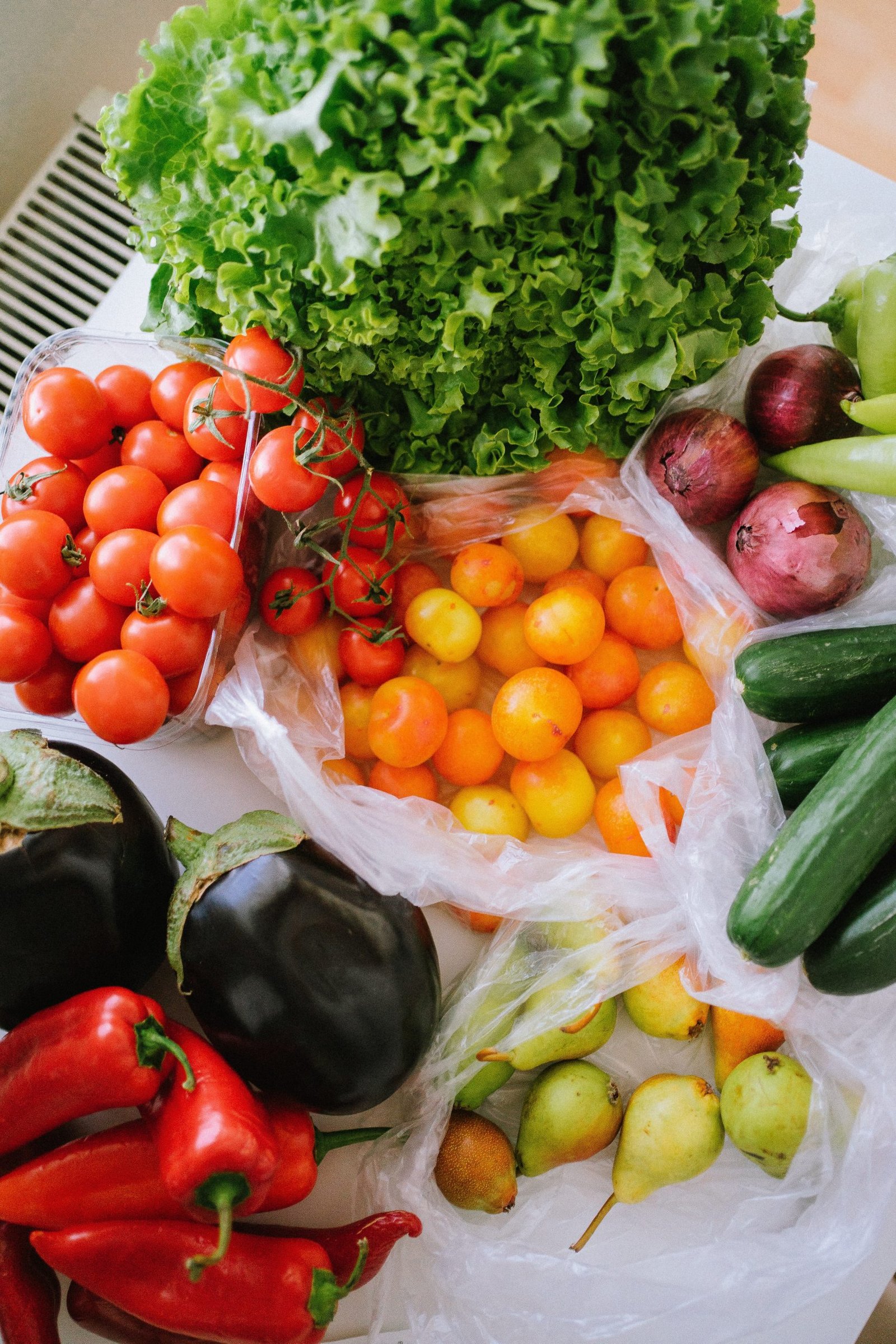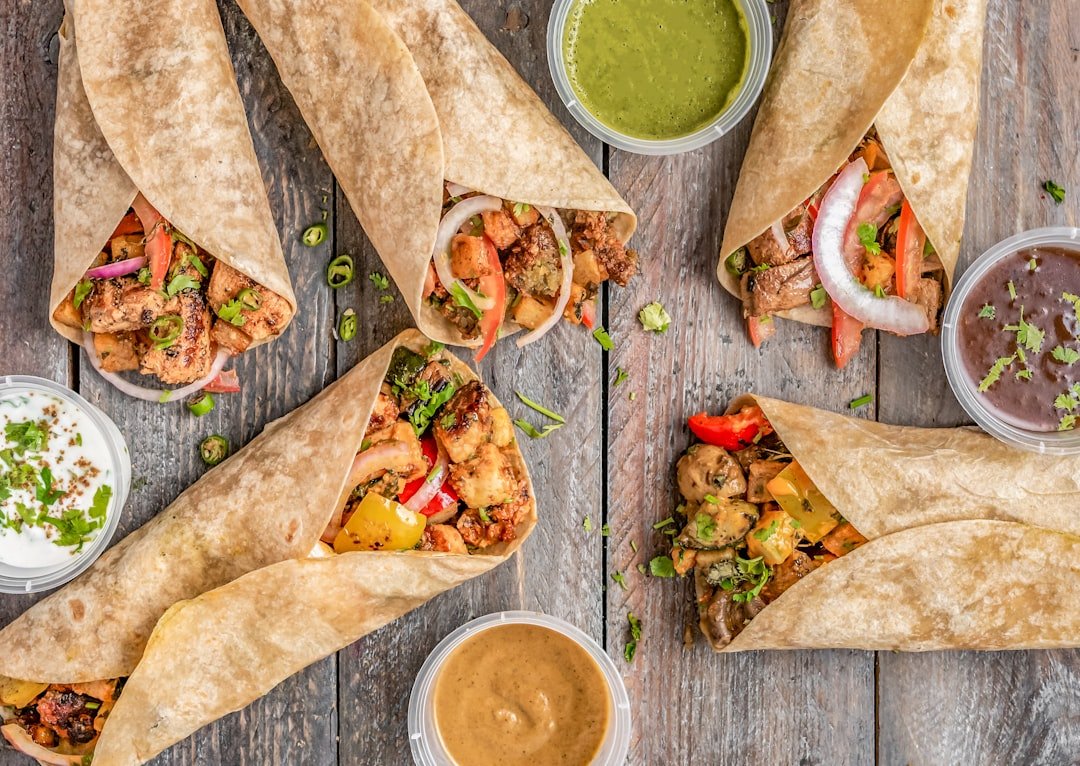
Food is more than sustenance; it is the heart and soul of cultural identity. The stories of food and tradition, particularly in China, offer a profound insight into the richness of human heritage. This article delves into the captivating world of culinary traditions, showcasing the vibrant tapestry of Chinese food culture.
The Global Tapestry of Culinary Traditions
Around the world, food is an intricate part of cultural identity. It is a reflection of geography, history, and the shared values of communities. Every culture boasts its own distinct culinary heritage, a legacy passed down through generations.
Culinary Traditions in China
China, with its vast expanse and diverse regions, is a treasure trove of culinary traditions. Each region offers a unique gastronomic experience, influenced by local produce and historical events. From the fiery flavors of Sichuan to the delicate dim sum of Guangdong, Chinese cuisine is a feast for the senses.
The Role of Ingredients
Local ingredients are the heart of Chinese cuisine. They not only provide the flavors but also symbolize cultural values. For instance, the humble soybean is the foundation of many Chinese dishes, representing the importance of humility and hard work.
Traditional Chinese Dishes
Chinese food is known for its iconic dishes, like Peking duck, Kung Pao chicken, and Mapo tofu. Each dish has a historical context, often rooted in ancient traditions. These dishes have evolved, but their essence remains, representing the history of a nation.
The Art of Preparing and Serving Food
Chinese dining is a ritualistic affair. The Chinese place great emphasis on etiquette and table manners. For instance, the practice of serving the eldest member of the family first is a sign of respect and hierarchy.
Food as a Symbol of Celebration
Chinese festivals are closely intertwined with food. Special dishes are prepared during these times, symbolizing luck, prosperity, and togetherness. Meals are often enjoyed with family and friends, emphasizing the communal aspect of Chinese culture.
Food as an Expression of Identity
Food plays a vital role in shaping individual and group identities in China. It’s not just about nourishment but about connecting with one’s roots. Chinese people take pride in their culinary traditions and often use food as a means of expressing their cultural identity.
Cultural Significance of Tea
Tea has a rich history in China, dating back thousands of years. The art of tea preparation and the associated ceremonies are an integral part of Chinese culture. Tea symbolizes harmony, respect, and hospitality.

Influence on Global Cuisine
Chinese cuisine has left an indelible mark on the global culinary scene. Chinese restaurants can be found in every corner of the world. Dishes like sweet and sour chicken, spring rolls, and fried rice have become household favorites.
Challenges in Preserving Culinary Traditions
In a rapidly modernizing and globalizing world, preserving culinary traditions can be challenging. Traditional recipes and techniques are at risk of being lost. However, there are concerted efforts to safeguard this cultural heritage.
Adapting Traditions in a Modern World
Chinese cuisine has evolved to meet the demands of the modern world. Fusion cuisine, blending traditional flavors with contemporary twists, has gained popularity. Balancing tradition and innovation is a delicate dance.

Cultural Exchange Through Food
Food acts as a bridge between cultures. The global proliferation of Chinese restaurants and the popularity of Chinese dishes foster cultural exchange, promoting understanding and appreciation of Chinese culture.
The Power of Food Stories
Food is intertwined with stories and legends. From the mythical origins of dim sum to the legend of the Eight Immortals Crossing the Sea, Chinese cuisine is rich with narratives. These stories add depth and intrigue to the dining experience.

Conclusion
The culinary traditions of China are a testament to the enduring power of food in shaping cultural identity. From the heartwarming stories behind beloved dishes to the global influence of Chinese cuisine, food is more than sustenance; it is a reflection of a nation’s soul.
FAQs
- What are some must-try Chinese dishes for someone new to Chinese cuisine?
- How do regional variations in China’s culinary traditions impact the flavors of dishes?
- Can you explain the significance of tea in Chinese culture and daily life?
- What are the challenges in preserving ancient Chinese recipes in the modern age?
- How can individuals engage in cultural exchange through food in their own communities?





